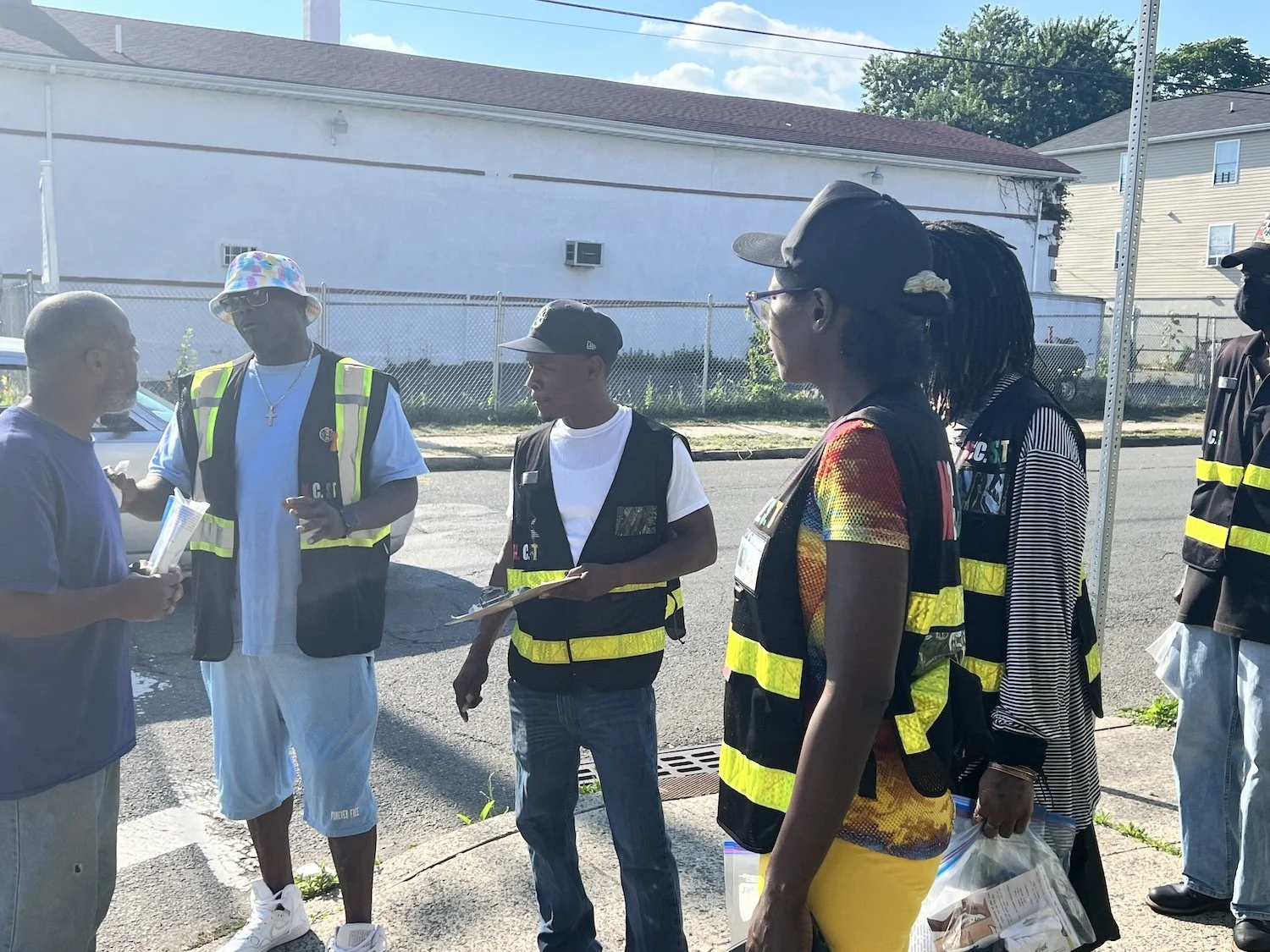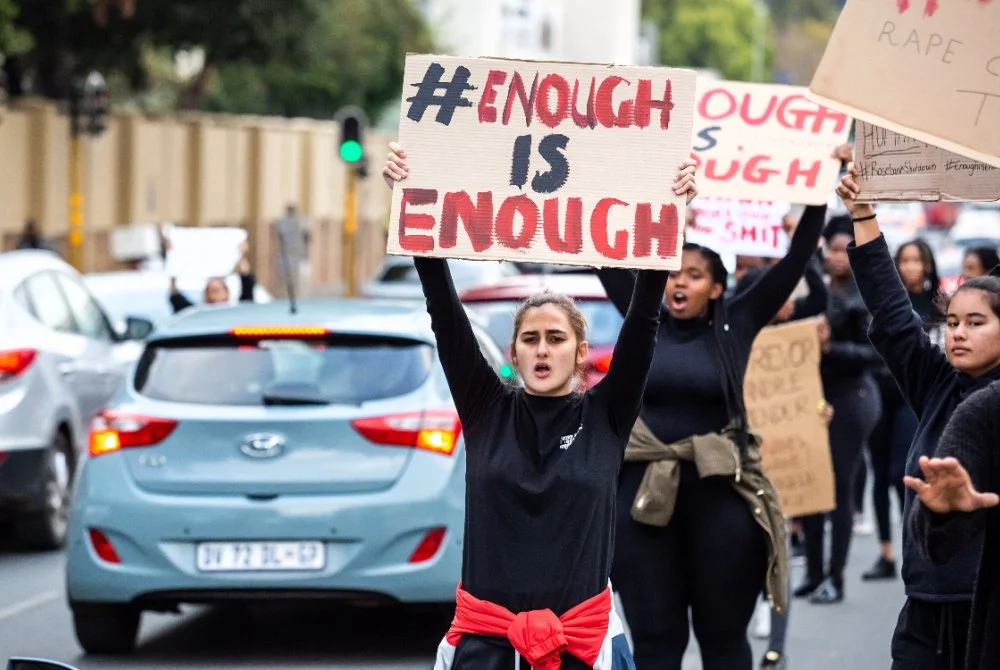Is This for Real? The Latest on Koch Giving for Criminal Justice Reform
/Spoiler alert. Many people aren't particularly fond of the Koch brothers.
But many who follow their philanthropy begrudgingly give them plaudits for their criminal justice reform work. (You'll notice I said "many" but not "all." I'll explain why momentarily.)
You can even count the ACLU and former President Obama among their fans. During the 2015 NAACP conference, audience members booed when the latter praised the Kochs' prison sentencing reform efforts. Their distaste was understandable; Koch money has frequently been arrayed against the advocates and policy groups who've historically stuck up for "fragile communities."
But Obama was having none of it. "No—you’ve got to give them credit," he responded. "You’ve got to call it like you see it."
The former president may find a lot to like in the Charles Koch Foundation's latest give—$2.2 million over four years to the Quattrone Center for the Fair Administration of Justice at the University of Pennsylvania Law School. The donation will help the school "expand upon its work producing innovative new research" that improves criminal justice policy in jurisdictions across the United States.
One can reasonably infer that the Charles Koch Foundation was drawn to the center's "interdisciplinary, data-driven, scientific approach to identifying and analyzing the most crucial problems of the justice system" and proposing solutions that "prevent error and improve fairness."
This sounds about right. Most of the Charles Koch Foundation's recent non-criminal justice reform gifts to universities have been equally bullish on quantitative rigor and research—at least as long as that research is conducted by faculty in sync with Koch's free market ideology. Many of the recipient programs have also been cross-disciplinary in nature, and the Quattrone Center for the Fair Administration of Justice is no exception.
"Improving the criminal justice system requires the work of scholars from a diverse group of fields, not only law, but also fields such as psychology, sociology, and medicine," said the center's academic director, Paul Heaton, an economist who uses quantitative methods to study issues in legal and criminal justice policy.
The center itself is a byproduct of philanthropy. Frank Quattrone, who made his fortune as one of the leading investment bankers for Silicon Valley, and his wife Denise established their Frank and Denise Quattrone Foundation in 2002. A few years ago, the couple gave a $15 million gift to create the Quattrone Center.
We wrote about Quattrone philanthropy a while ago, noting that the couple's backing of criminal justice reform was another example of how more donors are worried about over-incarceration and wrongful convictions. In this case, there was a personal backstory, since Frank Quattrone was pursued for years by federal investigators for violating securities laws.
Related: A Veteran Tech Banker Invests in Criminal Justice Reform
Which brings me back to why not everyone is sold on the Koch brothers' commitment to criminal justice reform. The Kochs have had numerous run-ins with authorities, going back to the 1970s, when Koch Industries was accused of overcharging customers. The company has paid many millions of dollars in fines to settle multiple civil and criminal suits brought by the government. Critics charge that the Kochs' real motive here is not to help disadvantaged people stuck behind bars, but rather to ensure that corporate executives who engage in wrongdoing are less likely to face criminal penalties or do actual prison time.
Long-time students of the Kochs have also decried the "stunning hypocrisy" of the brothers for heavily supporting various political candidates, like Scott Walker, who favor draconian criminal justice policies and then professing concern about such policies. As well, it's said that the Kochs have stressed criminal justice reform as part of a larger PR push to soften their image. We've written about two major Koch gifts in recent years that have been seen in a similar light, to the United Negro College Fund and the Thurgood Marshall College Fund, each for $25 million.
Related: What's Weird About This Picture? About That Big Koch Money for "Fragile Communities"
If a donor named John Doe gave to the Quattrone Center we probably wouldn't engage in such second-guessing. But it is the Koch brothers, who are, to quote former Obama political adviser David Axelrod, engaged in "an extraordinary exercise in rebranding."
Second-guessing comes with the territory.
Still, it's worth noting that the Kochs are hardly the only libertarians worried about excessive criminal justice policies and over-reach by law enforcement agencies—concerns that square with a broader distrust of government. Nor did they come to this area only recently. Well before progressive funders were focused on police abuses in a big way, the Koch-backed Cato Institute had a program in this area, which is still going strong today, and seeks to check "the expansion of the power of federal criminal justice far beyond its legitimate constitutional limits."
The latest Koch gift for criminal justice to UPenn comes on the heels of last year's $3.5 million give to Southern Methodist University, which will launch the new Deason Family Criminal Justice Reform Center in its Dedman School of Law.
The parallels here are striking. As I noted at the time, the center would enable scholars to "undertake independent research and develop educational opportunities on topics such as the causes of wrongful convictions and over-incarceration, and ensuring the fair and ethical treatment of individuals at all stages of the criminal justice process."
Add it all up and the Charles Koch Foundation remains committed to support research that furthers an understanding of how the criminal justice system affects individual and societal well-being. Whatever its motives, some serious grant money is flowing out the door, helping bolster a critical research field at a moment that the U.S. Justice Department is again embracing a "law-and-order" mindset. Interested organizations should click here.







































